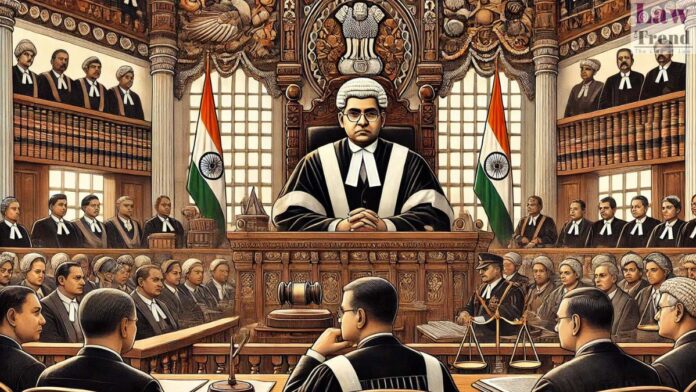The Supreme Court collegium’s practice of considering religion while recommending candidates for High Court judgeships has been questioned through a fresh public interest litigation (PIL), which alleges that such selection criteria run contrary to the constitutional mandate of secularism.
The petition, filed by advocates Hari Shankar Jain and Vishnu Shankar Jain, points to a May 2025 Supreme Court disclosure listing 406 names recommended for HC appointments between November 2022 and April 2025. The list identified candidates from minority communities, Scheduled Castes (SC), Scheduled Tribes (ST), and Other Backward Classes (OBC). The petitioners claim that 24 of those appointments were from minority communities based on religion, compared to only 13 from SC/ST categories, calling it “injustice” to Dalit and tribal communities.
The PIL challenges a December 2024 statement by the Union Law Minister in the Lok Sabha, revealing that the central government had asked High Court Chief Justices to send names of eligible candidates from SC, ST, OBC, minority communities, and women to the SC collegium to ensure “social diversity” in judicial appointments. Petitioners argue that such instructions are unconstitutional since appointments to constitutional posts cannot be based on religion.
Quoting from the plea, “The Constitution neither permits appointment to an office under the State based on religion nor allows a person’s religion to be a ground for consideration in the selection process. It does not distinguish between majority and minority communities in appointments to any government post.”
The petition asks the Supreme Court to determine whether the collegium acted unconstitutionally by accommodating the government’s request and to restrain the appointment of individuals recommended on religious grounds.
The matter is expected to raise larger questions on the interplay between affirmative action for social diversity and the constitutional bar on religion-based appointments to public offices.




